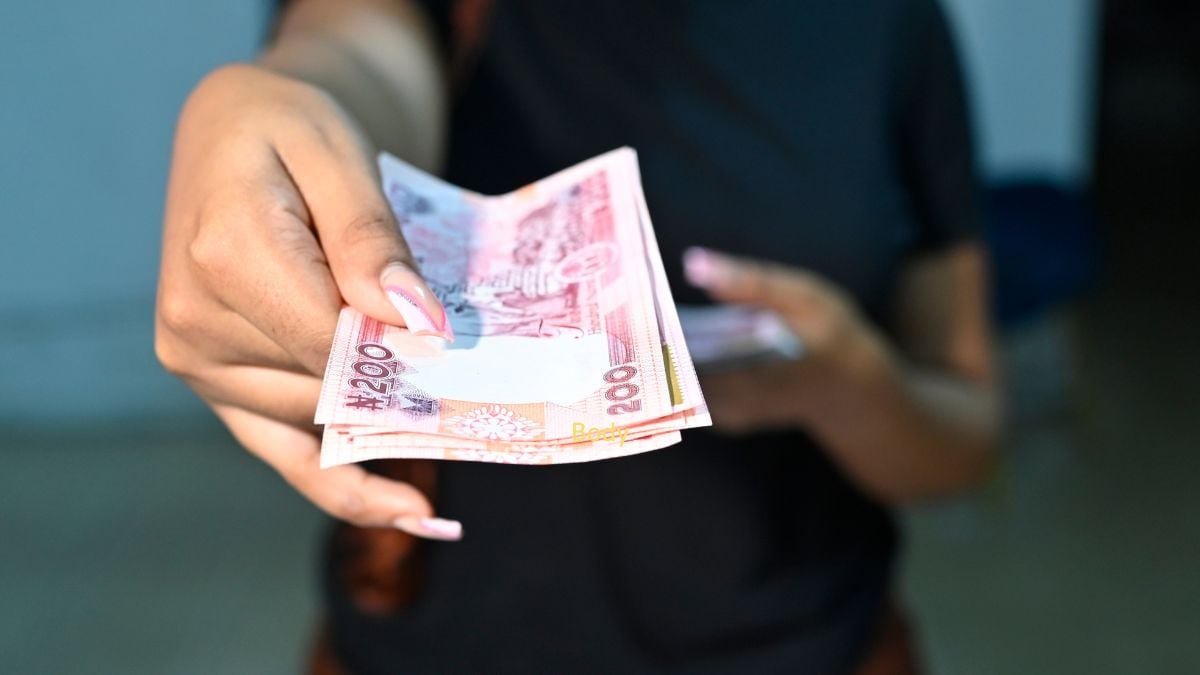Africa’s vast natural resources are a source of immense wealth. Yet, translating that wealth into a comfortable life for citizens requires a strategic approach. One way to do this is to have a low cost of living. Generally, having a low cost of living means citizens can easily afford the basics such as housing, groceries, taxes, and healthcare. This affordability isn’t just about stretching a dollar further. It is a catalyst for investment and business growth.
For many African countries, having a relatively low cost of living makes them an attractive destination for international investment. With reduced personnel, resources, and living expenses, companies find it more cost-effective to establish operations in the said country. This trend is reflected in rising Foreign Direct Investment (FDI) figures across the continent. According to the United Nations Conference on Trade and Development (UNCTAD), FDI inflows to Africa reached $841 billion in 2023. This influx of investment translates to job creation and economic development.
Beyond attracting international players, a low cost of living empowers local entrepreneurs. As operational costs decrease, individuals are more likely to take risks and launch businesses, diversifying the local economy. Reduced barriers to entry across various industries also create a fertile ground for Small and Medium-Sized Enterprises (SMEs) to flourish. As business costs decrease, individuals are more likely to take calculated risks, launch ventures, and contribute to a diversified economy.
Still, the positive effects of affordability extend beyond business. A low cost of living allows residents to enjoy a higher standard of living. When basic needs and goods are readily affordable, citizens have more disposable income to invest in their well-being, education, and future. This creates a ripple effect that strengthens communities and fuels long-term growth. While economic disparity persists across several African nations, some still exemplify affordability’s benefits.
According to data from Numbeo, here are the top 10 African countries with the lowest cost of living in 2024.

1. Nigeria (Cost of Living Index: 19.0145, Global Rank: 145th)
Nigeria has the lowest living cost on this list. This translates to cheaper groceries, transportation, and utilities compared to the global average. Renting a small apartment in Lagos, the largest city, costs between $300-$500 per annum, depending on the location. This makes it an attractive location for starting businesses due to cheaper operational expenses. While generally inexpensive, keep in mind that infrastructure and development can be uneven. Imported goods and services might be pricier due to potential import duties. Security concerns can also be a factor depending on the location.
2. Libya (Cost of Living Index: 21.7144, Global Rank: 144th)
Libya’s affordability stems partly from its abundant oil reserves. However, the cost of living varies depending on location. Tripoli, the capital, can be more expensive than smaller towns. Fuel is heavily subsidized, making transportation cheap. Political instability, however, has hampered its economic development, reflected in its 144th global ranking.
3. Kenya (Cost of Living Index: 24.6141, Global Rank: 141st)
Kenya’s reputation as a tourist destination is complemented by its relatively low cost of living. A meal at a local cafe might cost around $5, with budget guesthouses available for under $20 per night. Public transportation, particularly matatus (minibusses), is a cheap way to get around. However, costs can rise in popular tourist destinations like Nairobi and Mombasa. The country is making strides in technology and infrastructure, which should greatly impact its 141st global ranking position.
4. Madagascar (Index: 25.5138, Global Rank: 138th)
Madagascar is a haven for budget travelers. This island nation offers a unique blend of affordability and biodiversity, attracting budget-conscious travelers and nature enthusiasts. Street food can be affordable, with meals costing less than $2 USD. Accommodation options like hostels for as low as $10 USD per night can be found. Madagascar’s 138th global ranking reflects ongoing challenges in poverty reduction and economic development.
5. Rwanda (Index: 25.8137, Global Rank: 137th)
Rwanda’s remarkable progress in stability and governance has contributed to its low cost of living. The cost of living can vary significantly depending on your proximity to tourist areas. Imported goods and high-end restaurants will be pricier. Of all the countries on this list, Rwanda has the potential for further economic growth, especially in attracting foreign investment.
6. Tanzania (Index: 26.3136, Global Rank: 136th)
Tanzania’s affordability and stunning natural beauty make it a popular choice for tourists and expats seeking a slower pace of life. Local transportation, like dala dala minibuses, is very affordable. Street food is readily available and inexpensive. However, the cost of living can be higher in popular tourist destinations like Zanzibar.
7. Ghana (Cost of Living Index: 26.6135, Global Rank: 135th)
Although last year was tough on Ghana’s economy, the country’s reputable, stable political environment and developing economy contribute to its relatively low cost of living. With approximately 31 million and a GDP per capita of $2,202, Ghana’s growing economy is reflected in its relatively low cost of living. However, Unemployment remains a challenge, at 12.6%. Yet, with more people seeking employment, there’s less pressure on wages and consumer prices. Still, Ghana faces the task of further economic diversification and job creation to address unemployment issues, enhance living standards, and keep costs lower.
Its 135th global ranking suggests there’s potential for further economic diversification and job creation.
Related Articles:
8. Egypt (Cost of Living Index: 28.7125, Global Rank: 125th)
The 125th global ranking reflects Egypt’s efforts towards economic development, with room for growth in areas like job opportunities for young people. Egypt’s rich history and cultural heritage blend with a low cost of living, making it a budget-friendly travel destination. While Egypt is actively working on economic growth, it is still in the process of transitioning to higher-income status. This transition phase often keeps costs relatively low.
9. Somalia (Cost of Living Index: 28.7124, Global Rank: 124th)
Somalia’s low cost of living is partly due to an underdeveloped economy. Somalia is still in the process of recovering from a prolonged civil war, which has left infrastructure and institutions in need of rebuilding. The aftermath of civil war often leaves a country with reduced economic capacity. While this is detrimental in many aspects, it can lead to a low cost of living as the country rebuilds. This leaves basic necessities such as food and accommodation remain relatively inexpensive, contributing to the low cost of living index.
10. Tunisia (Cost of Living Index: 28.9122, Global Rank: 122nd)
The 122nd global ranking suggests Tunisia is making progress in economic development, with a focus on attracting tourism and foreign investment. The government’s efforts to improve infrastructure and promote economic diversification indicate a promising future for Tunisia’s cost-effective living environment. Tunisia’s unemployment rate stood at 15.5% in 2023, indicating challenges, opportunities for job creation, and economic growth improvement.
The Bottom Line
Nigeria (19.0 Cost of Living Index): Despite ranking first in affordability on this list, Nigeria’s economic growth is also noteworthy. The World Bank forecasts Nigeria’s GDP to reach $575 billion by 2025, fueled in part by its growing tech sector and youthful population [World Bank Nigeria Economic Overview].
Rwanda (25.8 Cost of Living Index): Often referred to as the “Singapore of Africa,” Rwanda has made significant strides in recent years. The country boasts a stable and business-friendly environment, attracting investment in tourism, technology, and infrastructure development.











